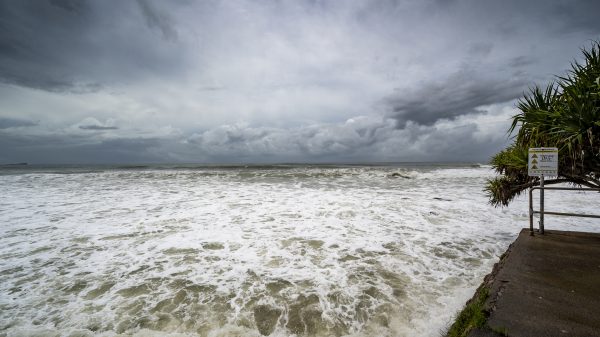Florida Keys, FL – The countdown has begun for Franklin Lee Gibson, the man convicted of the 1990 murder of Carmen Miranda, a Miami Herald employee whose brutal killing shocked the Florida Keys community. After years of appeals and legal battles, the state of Florida is moving forward with Gibson’s execution, which is scheduled for April 12, 2025.
The Crime That Shook the Florida Keys
In 1990, Carmen Miranda, a well-liked Miami Herald employee, was found dead in her home in the Florida Keys. She had been working as a staff writer for the newspaper, covering local stories. Her murder sent shockwaves through the Keys, a region known for its tranquility and charm.
Authorities quickly launched an investigation into Miranda’s death, and it didn’t take long to identify Franklin Lee Gibson as the prime suspect. Gibson, who had a lengthy criminal history, was reportedly acquainted with Miranda. Evidence pointed to him as the perpetrator, and he was arrested shortly after the crime. In 1992, Gibson was convicted of first-degree murder and sentenced to death.
The Legal Battle and Years on Death Row
Gibson’s case has been the subject of years of legal proceedings, including multiple appeals and petitions for clemency. His defense team argued that there were flaws in the original trial and that DNA evidence had not been properly considered. Despite these efforts, the courts have consistently upheld his conviction, and his death sentence remains in place.
Over the years, there has been significant public debate about the use of the death penalty in Florida, with some advocating for its abolition and others arguing that it is a necessary punishment for heinous crimes like Miranda’s murder. However, the state has continued to move forward with executions, and Gibson’s date is now set.
Victim’s Family Reflects on the Upcoming Execution
Miranda’s family has long awaited justice for her death, and they are preparing to witness the execution. Her daughter, Sofia Ramirez, has been vocal about her feelings toward Gibson’s impending execution.
“It’s been years of waiting, and I’ve never been sure if I wanted this to happen,” Ramirez said in an emotional statement. “But now that it’s here, I just want to be able to move forward. My mom will never come back, but maybe this is the end of this chapter.”
Miranda’s family members have expressed mixed emotions about the execution. While they feel a sense of closure, they also recognize that no punishment will ever bring back the beloved mother, daughter, and friend they lost.
Florida’s Death Penalty Controversy
Florida has one of the highest numbers of executions in the United States, though there has been growing debate over the ethics of the death penalty. Supporters argue that it serves as a deterrent and a necessary form of justice for victims of violent crimes. Critics, however, have raised concerns about wrongful convictions, the racial disparities in death penalty cases, and the psychological toll executions take on all parties involved.
In 2018, Florida Governor Ron DeSantis signed legislation that made it easier for the state to resume executions after a four-year hiatus, with new safeguards in place to address the growing concern over wrongful convictions. As the execution date for Franklin Gibson approaches, it serves as a reminder of the complex and often contentious nature of capital punishment.
What’s Next for Franklin Gibson?
Franklin Gibson remains on death row at the Florida State Prison, awaiting his scheduled execution in April. As the date draws nearer, questions persist about the future of Florida’s death penalty, particularly as Gibson’s case has drawn attention to the legal and moral complexities surrounding the practice.
For now, the state is proceeding with its plans to carry out the sentence, while the community of the Florida Keys, along with Miranda’s family, prepares for the closure that this final chapter may bring.











